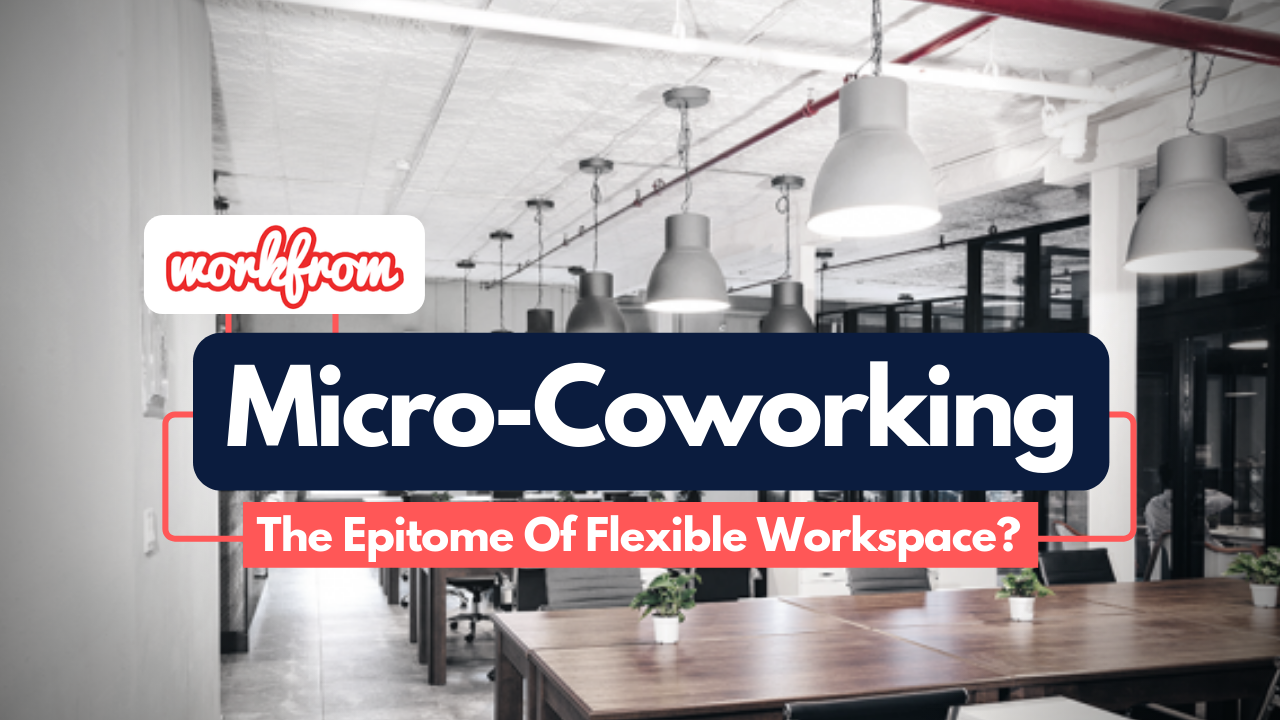- ‘Micro-coworking’ offers a more flexible and commitment-free approach to shared workspace.
- Homebase, a micro-coworking platform, allows users to purchase credits which they can later exchange for a day of workspace.
- CEO and founder Darren Buckner explains where the idea came from and how it works.
Workfrom, a platform that connects individuals with space to work from — cafes, libraries, coworking spaces, restaurants — has launched a new product: Homebase. Darren Buckner, CEO and Founder of Workfrom, defines Homebase as a micro-coworking experience.
According to Buckner, there was a gap in terms of access to existing coworking spaces. Most of Workfrom’s users are freelancers, full time remote workers, and entrepreneurs that needed more flexibility to fully take advantage of on-demand space.
The on-demand economy has grown dramatically since 2010. In 2017, the on-demand economy received $57 million in funding; by 2014, that number jumped to over $4 billion. By 2025, PwC estimates that the on-demand economy will reach $335 billion. Coworking and flexible workspaces are playing their part in this through platforms like Workfrom, Deskpass, and Croissant: “companies that provide an application that aggregate demand on mobile devices but fulfill that demand through offline services.”
Though these companies facilitate access to coworking spaces, they aren’t 100% on-demand; people have to register, purchase a membership or plan, schedule their visit, and book a private office or meeting room.
Buckner says that when they looked at Workfrom’s data and talked to its users, there was one key missing element.
Flexibility. Or at least, more flexibility.
Micro-coworking: Added flexibility for on-demand space
That’s where the idea for Homebase came from.
“The real innovation with Homebase is that it’s a dual-sided marketplace. Hosts and partners that have underutilized space have the option to offer the space to our community on-demand and with no commitment. Homebase users don’t have to register, they don’t have to purchase memberships or plans, they don’t have to sign any contracts, and there are no recurring fees.”
Homebase users can pre-purchase credits which they can later exchange for space. One credit buys access to a workspace for an entire day. Mind that what type of workstation they get access to is up to the coworking operator; Buckner shares that some operators offer private offices if they’re available.
Credit prices vary by region, but in Portland, where the micro-coworking experience was piloted with WeWork, each credit sold for $15. Homebase brought over 300 new visits to the WeWork location in less than 6 months; that’s a significant amount of additional foot traffic.
Homebase is currently growing its portfolio of available spaces in Portland with plans to roll out the micro-coworking experience to other US markets throughout 2019, starting with Los Angeles, San Francisco, Austin, and Seattle. Buckner also has plans to expand internationally once the platform is solidified in the US.
According to Buckner, the entire Workfrom community has over 100,000 registered individuals. As work continues to move away from the office, access to truly on-demand space will be imperative. For coworking operators, it’s a great opportunity to put idle space to profitable use.

 Dr. Gleb Tsipursky – The Office Whisperer
Dr. Gleb Tsipursky – The Office Whisperer Cat Johnson – Coworking Marketing Maven
Cat Johnson – Coworking Marketing Maven Angela Howard – Culture Expert
Angela Howard – Culture Expert Drew Jones – Design & Innovation
Drew Jones – Design & Innovation Andrea Pirrotti-Dranchak – Competitive Advantage
Andrea Pirrotti-Dranchak – Competitive Advantage Jonathan Price – CRE & Flex Expert
Jonathan Price – CRE & Flex Expert Jeremy Fennema – Tech Innovation Alchemist
Jeremy Fennema – Tech Innovation Alchemist







